Closing the Loop, a project implemented by ESCAP in partnership with the Government of Japan, aims to reduce the environmental impact of four cities in ASEAN by tackling plastic pollution. This report was developed in support of the second broad objective 'to work with partner cities and develop action plans, policies and investment strategies to address marine plastic litter'.
This case study explores how public-private partnerships can help make clean technologies for turning waste into energy accessible to cities.
This document presents two case studies which examine the contracting of rubbish collection to the private sector in Papua New Guinea, and possibility of outsourcing household waste collection in Fiji.
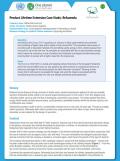
This study, Product Lifetime Extension Case Study: Refazenda presents a successful business strategy to extend products lifetime.
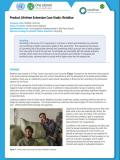
This studyProduct Lifetime Extension Case Study: Retalhar presents a successful business strategy to extend products lifetime.
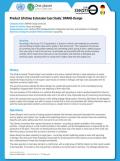
This study, Product Lifetime Extension Case Study: SWANE-Design presents a successful business strategy to extend products lifetime.
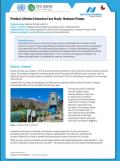
This study, Product Lifetime Extension Case Study: Neptuno Pumps presents a successful business strategy to extend products lifetime.
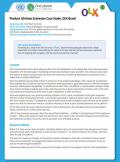
This study Product Lifetime Extension Case Study: OLX Brazil presents a successful business strategy to extend products lifetime.

To support Ministry of Construction (MOC) to implement the NDC, the Global Green Growth Institute (GGGI) has conducted an assessment of the potential green city actions that would help achieve Viet Nam’s NDC commitments. This paper, Achieving Viet Nam’s NDC in the Urban Sector, outlines the findings from the assessment in two sectors contributing the majority of urban GHG emissions: waste and energy.
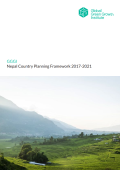
This Country Planning Framework (CPF) outlines the five-year program and joint commitment that the Global Green Growth Institute (GGGI) and the Government of Nepal (GoN) have pledged to achieve in the period 2017-2021.
